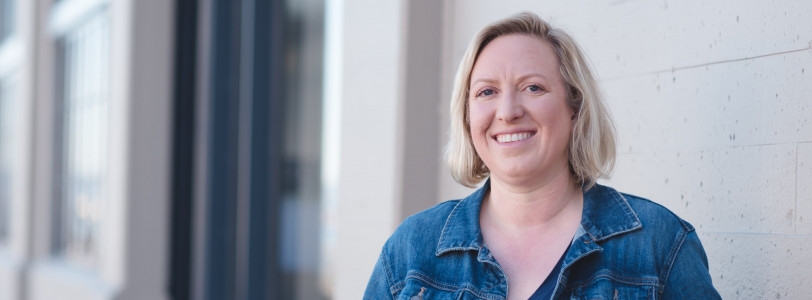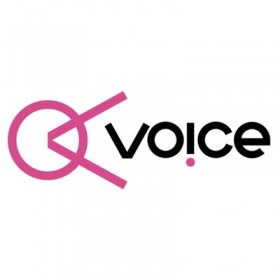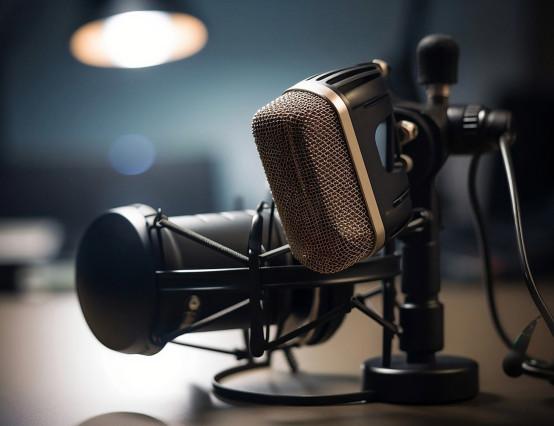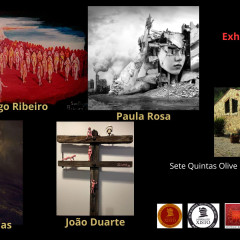“You’re just burned out. It’ll slow down soon.“
“Leave it for tomorrow.”
“At least it’s Friday!”
“Just take the day off.”
I’ve either said or been told all of these statements frequently since the beginning of my career. They aren’t helpful. They reek of misguided empathy and failed problem-solving. They also normalize a work culture that leads to a 50-60 hour work week (aka “the grind”), making up time on the weekends and a general feeling that if a person is not pushed almost to the brink of breakdown in the first 10 years of their career they aren’t working hard enough. It also leads to waking up at forty and realising you valued your job more than your health or your relationships.
My first burnout occurred when I was 23 years old during the comedown of an 88 hour week. I made the mistake of calculating what my salary amounted to per hour. I had been working well below the minimum wage for over half of the week.
It happened again over the next 5 years when I clocked 80+ hour weeks at the same company. The business was seasonal and we knew that Valentine’s Day and Mother’s Day would be the worst. We also knew that working THE MOST would be rewarded so we all did it. Even after a mental breakdown, I went back to work before the next holiday peak. I didn’t think that I mattered unless I was always working.
At age 31, I moved from San Diego to New York City. Ignorant to the fact that New Yorkers are the masters of the grind, I thought I’d stop the madness and make a new start but ended up working harder than ever. Four months into a new job in a new city, I was made redundant. Unemployed for the first time in 16 years, I did not know who I was without an office to attend. I devised a routine that involved going to a coffee shop to use their wifi to submit resumes and then, oddly, to St. Patrick’s Cathedral to read. It was remarkably cool inside the church and my flat didn’t have air conditioning. I figured that if I was going to have an epiphany about myself during that time, it would have happened then. It didn’t. Soon, I found a job and I was back at it.
My second job in New York brought me abusive bosses and new bad habits; I worked from 7am to 8pm, worked while my mom visited, leaving her to spend more time in my flat than in Central Park, and did not take time off when I went home for a visit during the holidays.
Does any of this sound familiar? If it does, stop and ask yourself if you’re ready to make a change, because you can actually succeed at work and still be a full person outside of work. It took a mid-life crisis and a pandemic to change me but depending on your age you’ve already made it most of the way through a pandemic so you can avoid waiting until you have a mid-life crisis too!
In 2009, I made a vow that by the time I was forty, I would get on stage one time and perform standup comedy. Ten years later, in 2019, I did it. One thing a Type A like me does is fulfills their commitments. It felt good to make people laugh. It felt really horrible when they didn’t but that just gave me a reason to get back on stage and try again. In order to commit to comedy, I had to end my work day at 5pm several days a week. I had to get to the comedy club to wait for my 3 to 5 minutes on stage. To keep my head in the game, I couldn’t think about work.
I had friends and interests prior to starting comedy. I spent time volunteering for non-profit organizations and went to concerts but that became more and more seldom. When I started doing comedy regularly, my identity was no longer defined by my job title. No one at the comedy clubs cared about a website going down. And I had things to talk to friends and family about other than work. When my friends expressed self-doubt because the job they just left had reduced their self-worth, I had the strength and experience to tell them that they could succeed elsewhere.
I learned to manage my time more efficiently. Since my time was finite, I had to get my work done within the bounds of certain work hours. I could not extend the day from 5pm to 8pm so I had to get things done by 5pm. I became more efficient. Respecting my own time and setting boundaries helped others do the same. The expectation that I would answer emails 18 hours a day dissipated.
During the pandemic, old habits creeped back in. I did not have to commute to gigs. In January 2020, I moved to London from California and was separated from my support network in both distance and time zone. I started to work late and then stayed up late to talk to people in the States. Comedy continued online which was great for me. I wrote and performed and met new people but I also worked up until the performance time, switching between my work and personal computer last minute.
Knowing what the symptoms of burnout are help me know when I need to do something about it.
I woke up again in August 2020 when I was getting burned out again. For me, burnout looks like a short temper, an uptick in anxiety, a noticeable slide into depression and usually a decrease in productivity but an increase in time spent working. Knowing what the symptoms of burnout are help me know when I need to do something about it. In my case, I started a podcast.
I wanted to help people and selfishly help myself and I came up with “More Than Work”. The purpose of the podcast is to share others’ stories of finding their self-worth outside of work and the first story I decided to tell was my own. The podcast, like comedy, keeps me accountable. If I’m going to tell people that life is more than work on a podcast, then I need to practice that myself.
Not everyone is going to start a podcast or do stand up comedy but everyone’s value is greater than their job title. For me, having a podcast and performing comedy has sometimes made my weeks too full but for the most part has meant that I leave work at work because I have to leave. When I feel like I’m burning out, I take a moment to assess what I can say no to and I say no. For you, committing to spending more time with family or friends, doing volunteer work or finally learning to play guitar may be the thing that pulls you away from the work desk. Whatever it is, remember that you are more than your job title and you can free yourself from the burnout cycle.
Rabiah will be performing her debut solo show “Nice Try” at Brighton Fringe on 27 June and at Camden Fringe 8th-11th and 15th August. A percentage of profits will be donated to Refuge and the UK MS Society.









0 Comments